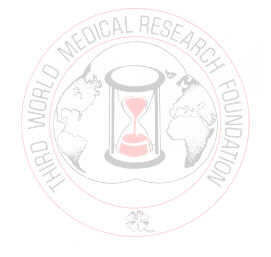Itself an innocent bearer of disaster, the aquatic snail is unwitting
host to a parasitic fluke that penetrates the skin, causing Schistosomiasis or
Bilharzia.
This debilitating and fatal disease is particularly fond of children,
attacking during work or play in river areas. The parasite
circulates in the bloodstream, developing into worms that infect liver,
spleen, nervous system, intestine and bladder.
Anemia, anorexia, paralysis or death may follow; and eggs which pass
from the child's body back into water seek and infect snails again,
completing a savage live cycle.
The World Health Organ ization estimates over 300 million
people in the developing are infected by Schistosomiasis, with 600 million
in 74 countries constantly at risk.
ization estimates over 300 million
people in the developing are infected by Schistosomiasis, with 600 million
in 74 countries constantly at risk.
Enter Endod, Phytolacca dodecandra, commonly called the
African soap-berry plant
Whilst the cost of commercial molluscicides (man-made agents that zap
the killer snail) is beyond the reach of precisely those countries most
affected, the locally growing soap-berry has been found at least as
effective.
Long used as a natural detergent by local people to wash clothes
along river banks, Endod is poised to find a new and extraordinarily effective role in the fight against
Schistosomiasis.
It has also been found effective in controlling mosquito larvae.
The Third World Medical Research Foundation has been asked by
the Pathobiology Institute of Addis Ababa, in Ethiopia, to support
further research on Endod. Most pressing is the need to
conduct toxicological studies to assess the soap-berry's safety for
humans and animals.
If safe, Endod will be used to control and hopefully eradicate
one of the most rapidly spreading parasitic diseases in many parts of
Africa, the Middle East, Far East, the Caribbean Islands, and South
America.
THE COST?
The turning point for Schistosomiasis
and the millions at risk form it across the world:
$15,000 if laboratory time can be
found.
$450,000 if laboratory facilities must be set up.